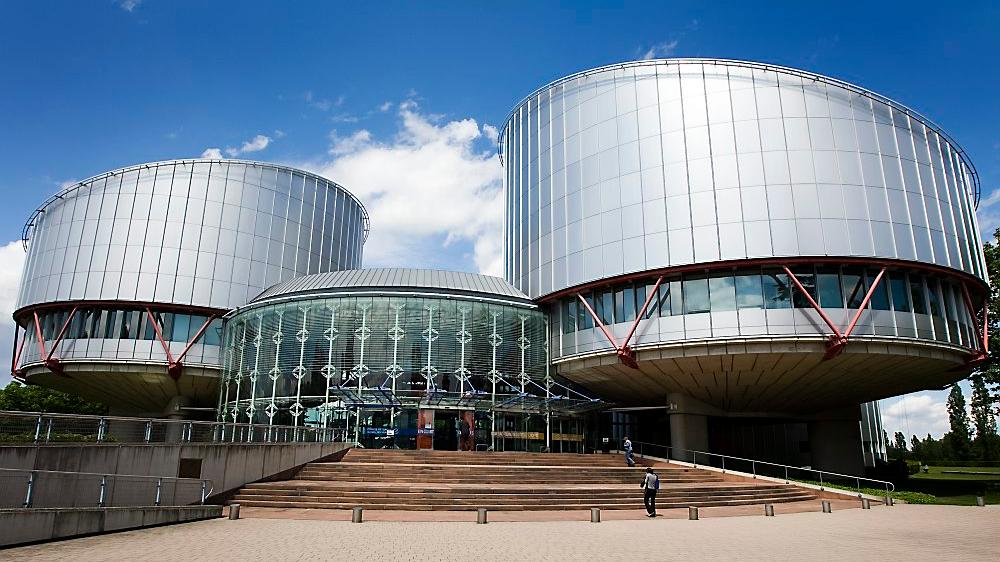Mr. Al-Showaikh, a client of lawyer Flip Schüller, was deported to Bahrein late 2018 by the Dutch authorities (Immigration Department; IND), following a failed asylum procedure. This happened even though in his asylum application, he had explained that he was wanted by the Bahraini authorities because of his activism and that of his brother and ran a great risk of persecution, torture and other violations of his human rights. Upon arrival in Bahrein, the risks he had asserted became an immediate reality. Al-Showaikh was arrested straight away, tortured, subjected to a brief show trial and is currently serving a lifelong prison sentence under inhuman conditions in a Bahraini prison.
Today, with the consent of our client's family members, the reports by the Inspectorate for Justice & Security have been made public; this because State Secretary Broekers-Knol had informed the Second Chamber of Parliament that she would not make them public herself. Given the circumstances of this specific case however, it would indeed have been appropriate for the State Secretary to make the reports public, particularly because the family had requested her to do so. They want transparency. After Dutch newspaper NRC apparently read the reports and published an article that was partially based on them today (see below), the family was consulted. In light of these developments, there is no reason to treat the reports as confidential anymore. Now the Second Chamber of Parliament can openly debate this case with the State Secretary.
The reports describe the factual course of events with regard to Al-Showaikh's asylum application and his subsequent expulsion to Bahrain, but give no qualification or approval of the stated facts. At the same, the account of the facts clearly shows that the IND was insufficiently aware of the implications of the grounds for asylum due to a lack of investigation. The real risk of persecution and/or inhuman treatment would have been foreseeable - as the Dutch embassy later confirmed - had the IND done a more thorough job. Now, our client is serving life in prison after a flagrantly unfair (criminal) trial, within the context of which his confession was extracted through torture. The reports form an important contribution to the proceedings before the European Court of Human Rights, because they show that the parties do not substantially disagree about the events that took place in the Netherlands.
Annexes
- Report by the Inspectorate for Justice & Security: 'Uitzetting naar Bahrein', September 2019
- Addendum to the Report by the Inspectorate for Justice & Security: 'Uitzetting naar Bahrein', May 2020
See also (in Dutch):
- K. van Laarhoven, 'Hier niet welkom, in Bahrein levenslang', NRC, 4 October 2020 (including a podcast in which Al-Showaikh also speaks)

[Photo: the ECtHR in Strassbourg]